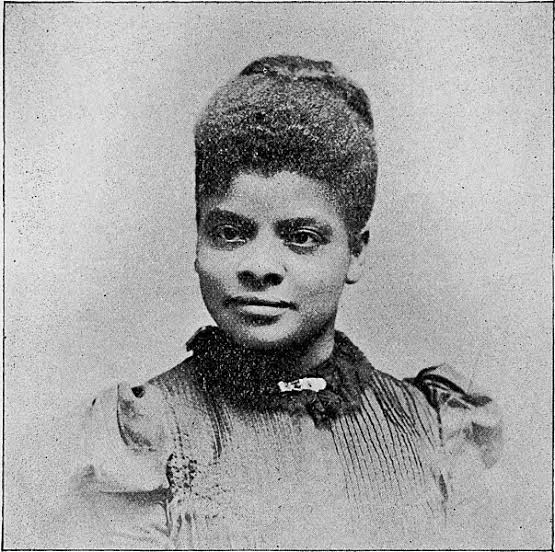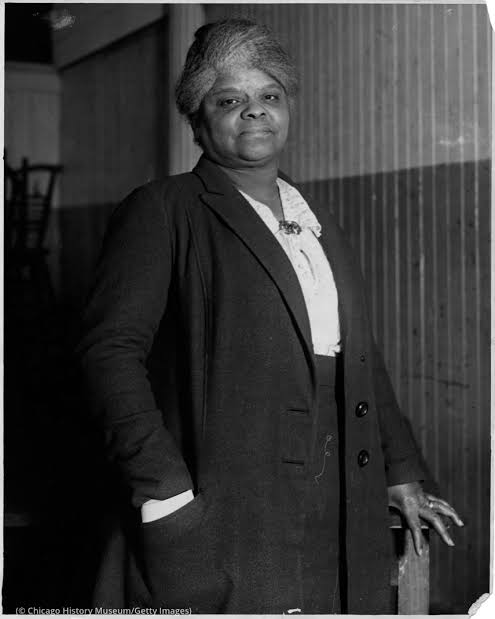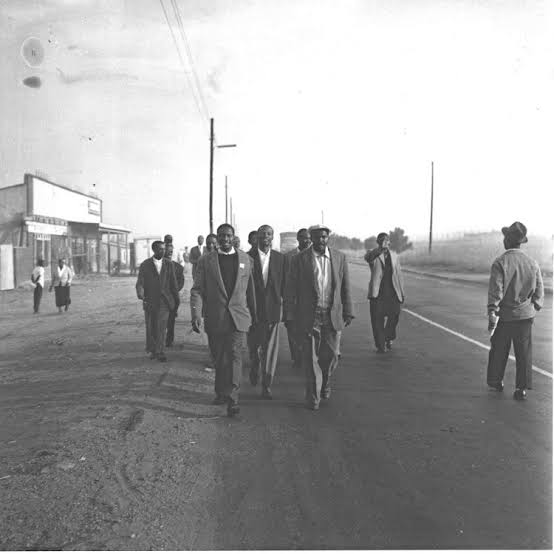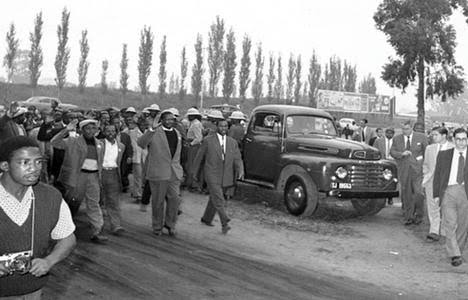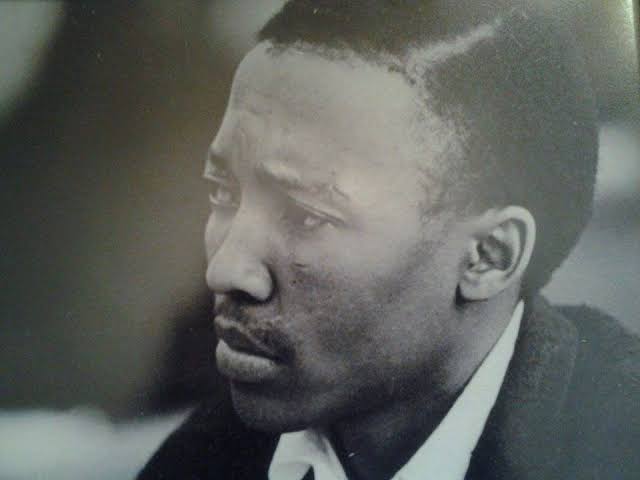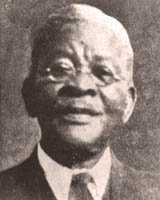
The first group of enslaved people, about 174, arrived at the Cape on this day in 1658 aboard the Amersfoort. Most of them were children. But they actually were not meant to be here, they'd been captured from a Portuguese slaver ship headed to Brazil from Angola.
The Amersfoort basically intercepted the Portuguese ship on which 500 enslaved were aboard taking 250 of them. Not all of those 250 made it to the Cape as 76 of them passed away from illness.
The VOC in the Cape didnt have slaver ships, the Amersfoort was a merchant ship coming from the Netherlands and heading to the Cape when its crew decided to kidnap the 250 people kidnapped from the Angolan coast. Van Riebeeck had been appealing for a couple of slaver ships for a
while by the time this moment in history took place so that they could start the slave trade in the Cape. By May 1658 the Cape's VOC would have it's first official slaver, the Hasselt, would arrive with over 200 enslaved people kidnapped from present day Benin.
It's unfortunate how barely remembered this moment in history is when it is so significant to the founding of this country and its economy. Next year will mark the 365th anniversary of this day. Surely a remembrance of some sort should be organized.
Also this year (end February to early March) marked the 255th anniversary of the Meermin slave mutiny. The Meermin was carrying 147 enslaved Malagasy when one of the enslaved, Massavana led a mutiny and took control of the ship about 200km off Cape Town's coast.
Some records say they saw the coast and thought they'd made it home to Madagascar after taking hold of the ship. But no they were in Cape Town. After reaching the harbour they were recaptured, others were killed.
There's a marine archeologist who is trying to trace the Meermin. It ran aground after the Malagasy got on smaller boats. Also while they were on those boats, people in Cape Town had spotted the ship & alerted authorities hence the recapture of these brave people.
The archeologist's name is Jaco Boshoff. Not sure if he and Iziko got far. But they did an exhibition 10 years ago. dev.iziko.org.za.dedi6.cpt3.host-h.net/exhibitions/fi…
Here's a great article with more on the Meermin nytimes.com/2005/08/24/wor…
Here's a video about the mutiny
• • •
Missing some Tweet in this thread? You can try to
force a refresh

